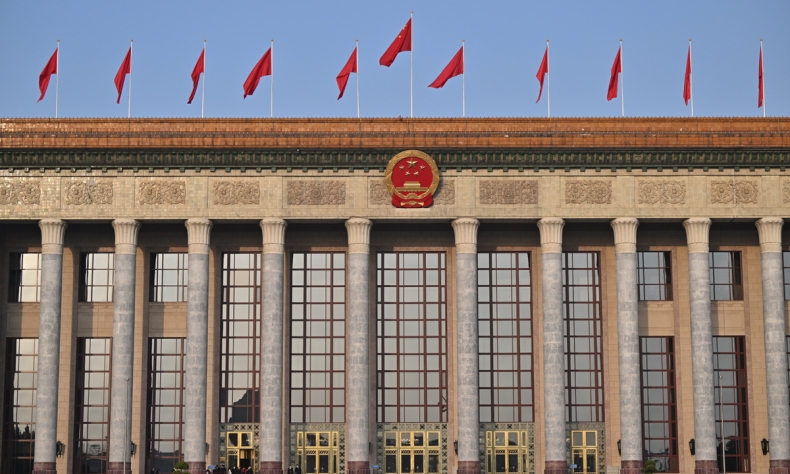Navigating New Market Reforms

A broader, more convenient and transparent Chinese market will be more appealing and contribute more to international investment, global trade development and the growth of the world economy.
The Third Plenary Session of the 20th Central Committee of the Communist Party of China (CPC) will convene in Beijing in July. The session will focus on further deepening reform and promoting Chinese modernization.
CPC Central Committee plenums, held at least once a year, are important in outlining the trajectory for China’s political, economic and social development. The CPC National Congress and the Central Committee it elects are the highest leading bodies of China’s governing Party, with the five-yearly congress setting the national agenda.
In 1978, the Third Plenary Session of the 11th CPC Central Committee inaugurated China’s reform and opening up. The third plenum of each CPC Central Committee has focused on reform and the economy ever since, lifting the country’s economic and social development to higher levels. After decades of growth, China has not only met the basic needs of its people, but also become a moderately prosperous society. Known as xiaokang in Chinese, it is a concept to describe a state in which the population is neither rich nor poor, has sufficient living necessities and can pursue a better life.
The Third Plenary of the 11th CPC Central Committee, setting the stage for reform and opening up, was a turning point for China. This year’s third plenum will also be of great significance. China has now set out on a course promoting national rejuvenation through Chinese modernization. In the face of complex international and domestic conditions, a new round of science and technology revolution and industrial transformation as well as people’s upgraded expectations for life in a moderately prosperous society, the country must further push forward its reforms.
July’s session will convene at a time when China’s reform has entered a critical phase fraught with challenges. “Easy” reforms have been implemented over the past few decades with positive results, propelling the rapid development of the Chinese economy and integrating it into the global economy. To further deepen the reform in an all-round way and promote Chinese modernization, today’s China will have to grapple with tough problems as it seeks to improve its basic economic systems as well as oversee high-level opening up to the world. Institutional reforms must be carried out to attract foreign investment. An effective policy framework must be put in place to drive emerging technologies and industries such as the digital economy, green development, artificial intelligence and biotechnology.
The report to the 20th CPC National Congress, delivered by President Xi Jinping, also General Secretary of the CPC Central Committee, in October 2022, stated that China will build a unified national market, advance reforms for the market-based allocation of production factors and put in place a high-standard market system.
Since its reform and opening-up program began in 1978, the country has explored the building of a socialist market mechanism. The 14th CPC National Congress in 1992 vowed to establish a unified open market system as soon as possible; the 17th CPC National Congress in 2007 sought to accelerate the establishment of a unified, open, competitive and orderly market system; the 19th CPC National Congress in 2017 vowed to introduce a negative list for market access, a regulatory tool guiding investment by defining sectors where investment is limited or prohibited, sort through and do away with regulations and practices hindering the development of a unified market and fair competition, support the growth of private businesses and stimulate the vitality of different business entities.
Based on its predecessors, the Third Plenary Session of the 20th CPC Central Committee will make new institutional arrangements for market-oriented reforms.
A broader, more convenient and transparent Chinese market will be more appealing and contribute more to international investment, global trade development and the growth of the world economy.
 Facebook
Facebook
 Twitter
Twitter
 Linkedin
Linkedin
 Google +
Google +










